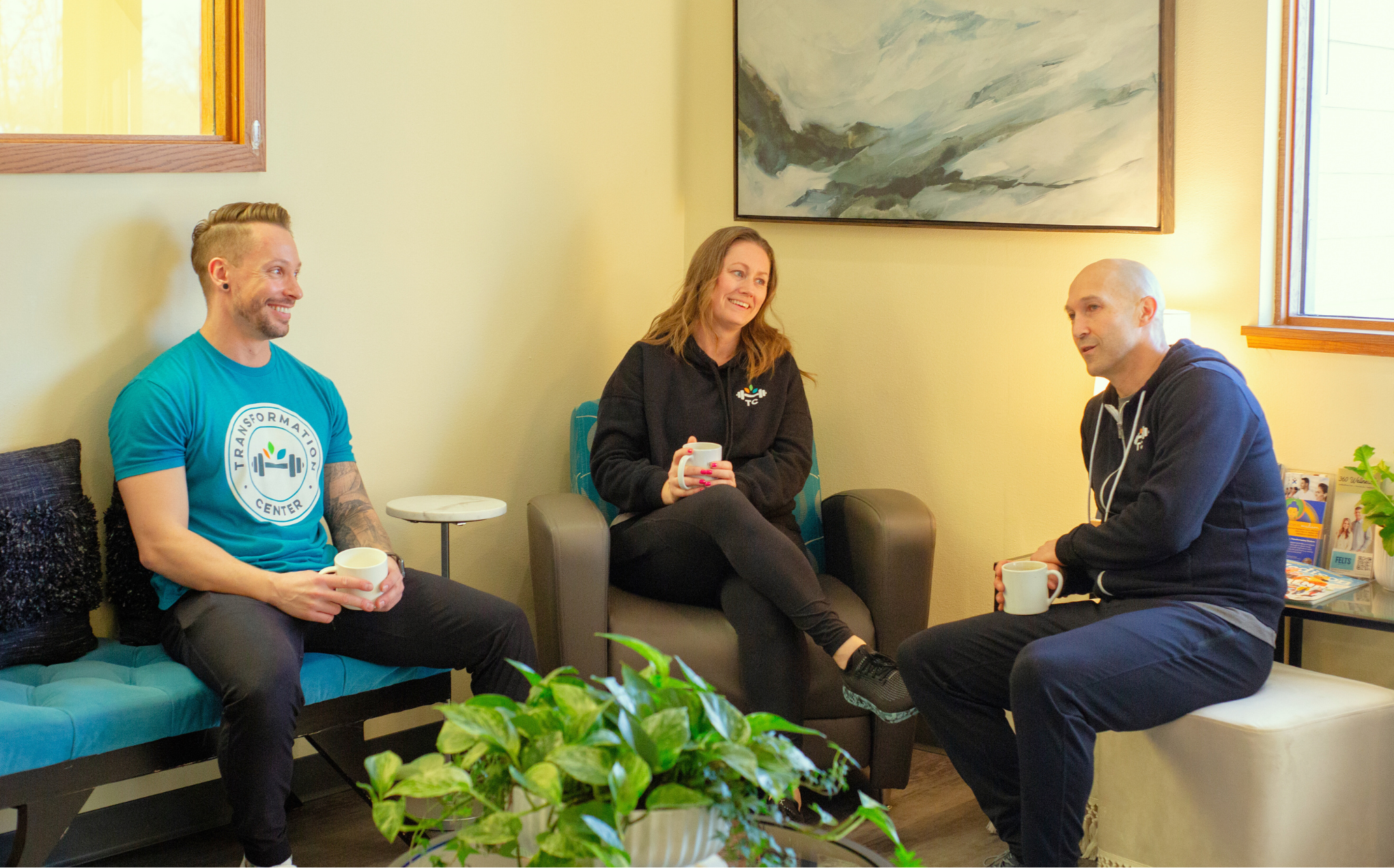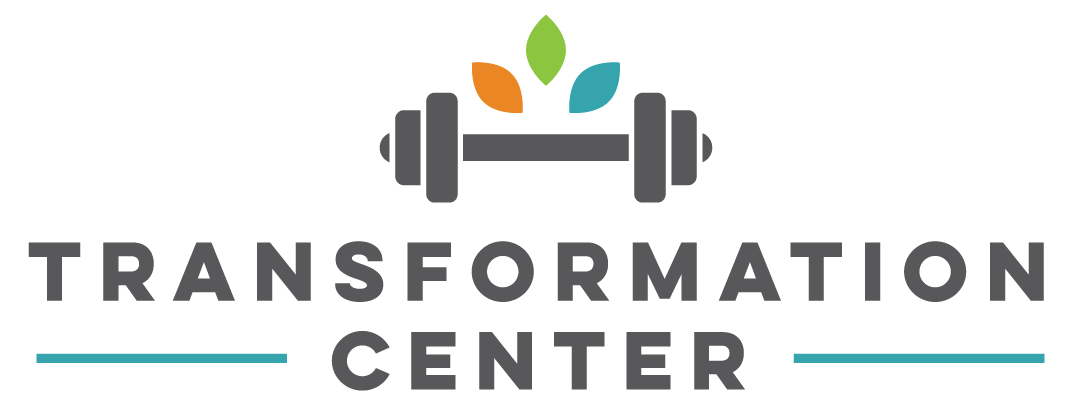
Look—we get it. For a lot of us, caffeine is just a way to survive early mornings, a packed schedule, or maybe the fifth Zoom meeting of the day. ☕️
But what if that morning cup of coffee—or the pre-workout buzz you keep hearing about—could actually help you lift a little more, focus a little better, or stick with your workouts a little easier?
Let’s talk about why caffeine might be one of the simplest, science-backed tools you can use to improve your fitness results (yes, even if you’re not trying to “PR” anything).
So… Is Caffeine Actually Worth It?
The short answer? For many people—yes.
There are very few legal, low-cost supplements with solid science behind them. Caffeine is one of those rare few. Hundreds of studies show it can:
- Help you push through workouts that might otherwise feel too tough
- Improve endurance (that walk, hike, or bike ride might feel a little easier)
- Boost strength and power (which can help you build muscle)
- Increase alertness and focus (great for form and intentionality)
- Support fat metabolism during aerobic exercise
All that from something you might already drink daily. Not bad, right?
How Much Do You Actually Need?
Here’s the science: 3–6mg of caffeine per kg of bodyweight is the effective dose range for performance. That’s about 200–400mg for most people. But—and this is important—you probably don’t need that much.
Start with 100–200mg (1–2 small cups of coffee) and see how you feel. More isn’t always better. Too much caffeine can cause the jitters, a mid-workout crash, or even stomach trouble.
Your Go-To Sources, Explained:
Coffee
A classic. Brewed coffee usually has 80–120mg of caffeine per cup and even offers some antioxidants. Great for energy and focus—just be mindful if you’re sensitive to acidity or drinking it on an empty stomach.
Green or Black Tea
Milder in caffeine (20–60mg per cup), but it includes L-theanine, which promotes calm focus without the crash. Tea is a great fit if you’re caffeine-sensitive or just looking for a gentle mental boost.
Pre-Workout Powders
These can pack a punch—often 150–300mg of caffeine—plus other ingredients like beta-alanine or creatine. If you’re someone who enjoys that “amped-up” feeling before lifting or circuit training, these might be for you. Just don’t overdo it, and avoid them if you have blood pressure issues or are training late at night.
Energy Drinks
Celsius, Monster, Red Bull… these are common and easy to grab, but they can be a mixed bag. Many contain 100–200mg of caffeine plus added sugars, artificial ingredients, and extra stimulants. Use them sparingly.
Caffeine Pills or Chews
These offer precision—usually 100–200mg per serving—without the added liquids. Just be careful: because there’s no fluid or food to buffer the effect, they can hit fast and hard. Hydrate well and start slow.
Dark Chocolate
Not a game-changer in terms of caffeine (10–30mg per ounce), but it is a fun way to get a tiny afternoon lift—especially if paired with a snack that supports your goals.
Quick Note: “Okay, but what if caffeine doesn’t make me feel great?”
Totally fair—and worth noting.
If you struggle with anxiety, trouble sleeping, high blood pressure, or heart palpitations, caffeine might not be the right fit. This isn’t a one-size-fits-all recommendation.
Talk to your doctor, listen to your body, and make the decision that supports your long-term health—not just short-term energy.
Not Trying to Break Records? Caffeine Still Might Help
Even if you’re not chasing a new personal best, caffeine can still be a smart tool for:
✨ Getting started when you’re not feeling motivated
Supporting muscle retention or strength as you age
Improving focus during workouts (especially early or mid-day slumps)
We’re not saying you need to get jacked up on neon-colored energy drinks before every session. But if a small dose of caffeine helps you show up and train with more purpose? That’s a win.
Trial + Error: The Smart Way to Start
Want to try caffeine as part of your routine? Here’s a good starting point:
- Start with 75–150mg, about 30–60 minutes before your workout
- Don’t use it too late in the day—especially if sleep is a struggle
- Stay hydrated—coffee and energy drinks are not water
- Pay attention to how you feel. Jittery, anxious, or wired? Back off the dose.
Fuel Still Comes First: Don’t Skip the Snack
Caffeine might give you a boost, but it’s not a replacement for actual fuel.
If possible, aim to eat 15–20g of protein and some carbs 1–2 hours before your workout. This helps support energy, muscle recovery, and strength.
Examples:
- 2 hard boiled eggs + a banana
- Greek yogurt with berries and granola
- Small smoothie with fruit + protein powder
- Rice cake + peanut butter + protein shake
Bottom Line: It’s a Tool, Not a Shortcut
Caffeine can absolutely help you feel stronger, more energized, and dialed-in at the gym.
But it works best when paired with the real foundation: good food, quality sleep, regular strength training, and sustainable habits.
At the Transformation Center, we’re here to help you figure out what works best for your body—not what works for someone on Instagram.
Whether it’s caffeine, a new routine, or just staying consistent—we’re here for the real-life wins.

Recent Comments